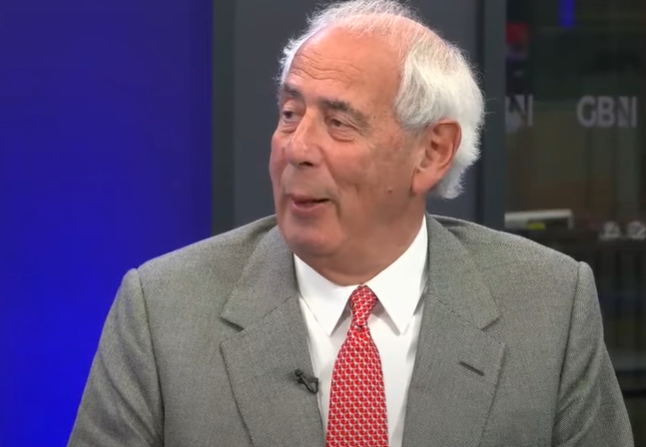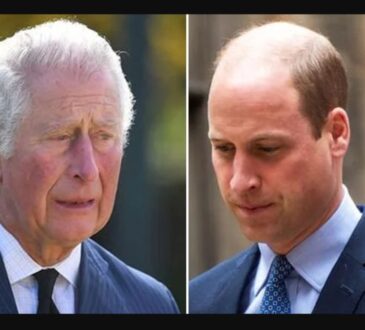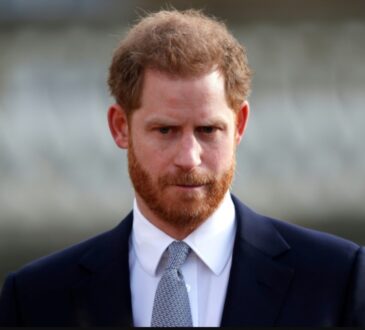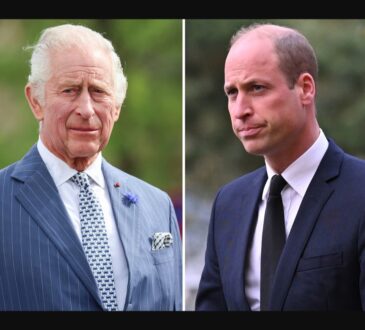
Renowned author and biographer Tom Bower has expressed his criticism of Prince Harry’s recent court appearance, highlighting his perceived shortcomings and raising questions about external influences. Bower’s insights shed light on the implications of Harry’s testimony in the ongoing high-profile legal battle with the Mirror Group.
Bower suggests that Prince Harry has become entangled with the Hacked Off group, spearheaded by actor Hugh Grant, which has capitalized on his involvement to advance their own agenda. According to Bower, the group has influenced Harry and steered him towards attacking the media as part of their campaign. This has prompted speculation about the extent to which Harry’s motivations align with his own interests or those of the Hacked Off group.
Drawing attention to Harry’s performance in court, Bower highlights concerns regarding his intelligence and knowledge of his own arguments. Bower suggests that Harry’s lack of preparedness and understanding of the case details were evident during his testimony. This raises questions about the quality of Harry’s legal advice and his ability to effectively present his side of the story.
Furthermore, Bower expresses concerns over the potential lack of substantial evidence presented by Harry’s barrister, Mr. Sherborne, in the case against the Mirror Group. Bower speculates that the Mirror Group’s decision to contest the case may be driven by their belief that the ammunition at Sherborne’s disposal is insufficient. Previous settlements with other claimants may have also influenced the Mirror Group’s approach in their confrontation with Prince Harry.
Bower’s observations extend beyond the courtroom, as he reflects on the broader implications for the British judicial system. He raises doubts about the objectivity of judges, noting their historical inclination to favor the royal family. Bower questions whether judges might prioritize protecting the monarchy from embarrassment over the pursuit of truth and justice.
As Prince Harry’s court case continues, Bower’s critical analysis underscores the controversies surrounding his testimony and casts doubt on the influences shaping his actions. The revelations and concerns raised by Bower invite further scrutiny of the case, its participants, and the potential consequences for the British legal landscape.



